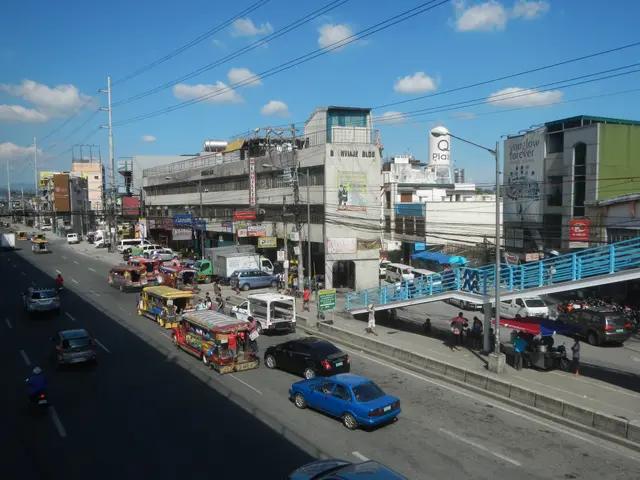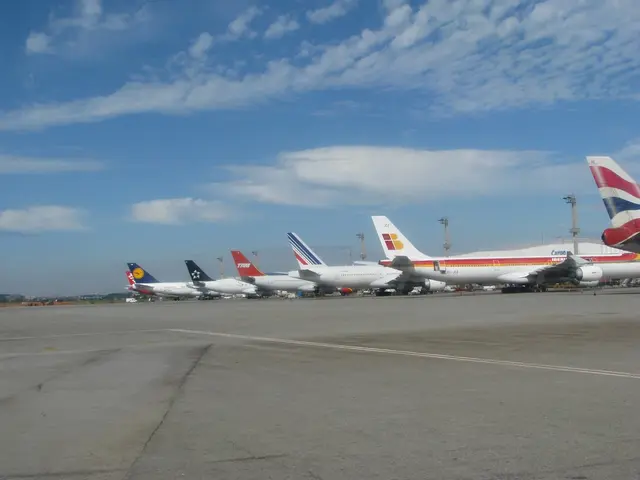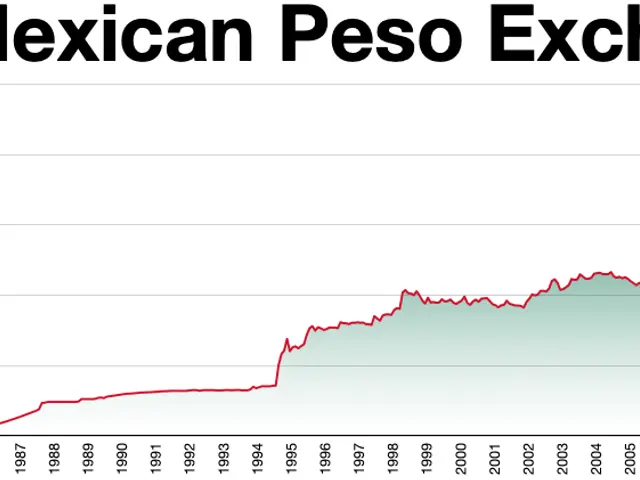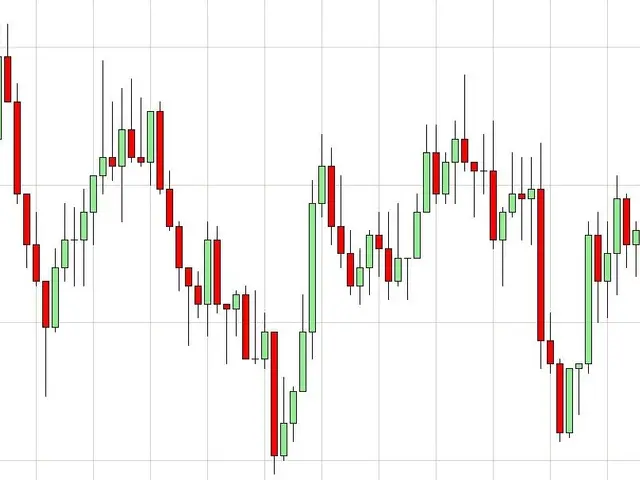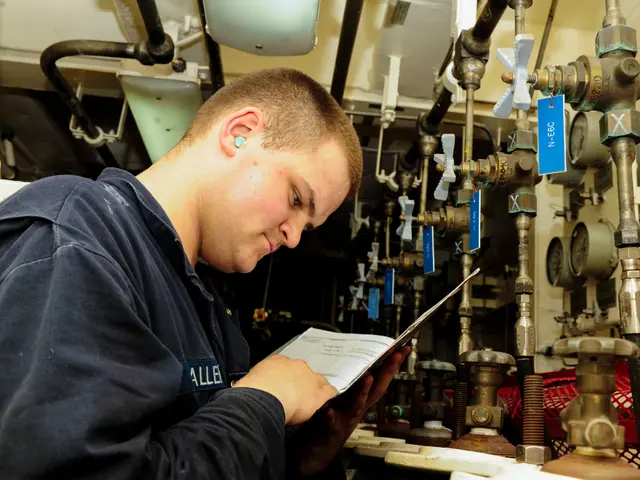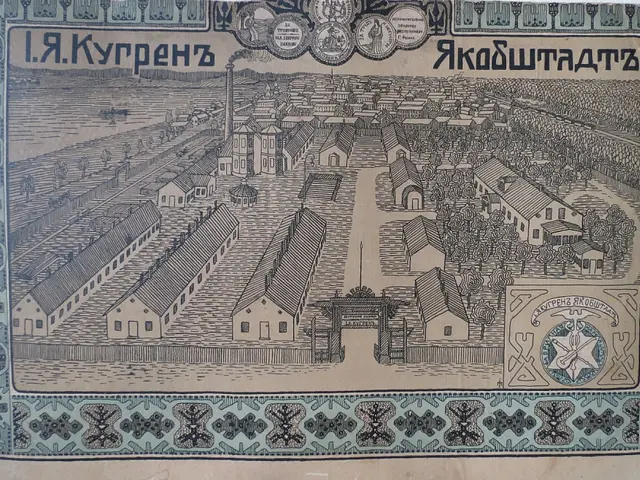Less Ticket Checks on Berlin's Public Transit: A Perplexing Scenario Unraveled
Reduced U-Bahn Ticket Inspections in Berlin - Decreased Subway Ticket Inspections in Berlin's Underground System
Intriguingly, the frequency of ticket checks on Berlin's U-Bahn, trams, and buses has seen a noticeable decline. According to data from the justice administration's response to the Senate following a Green Party inquiry, the number of ticket checks dropped from approximately 10.6 million in 2019 to around 4.4 million in 2021. Surprisingly, the S-Bahn saw a slight increase, going from 9.3 million to 11.1 million during the same period.
The drop in ticket checks, particularly in U-Bahn and trams, might be attributed to the surge in subscription users. A representative from the BVG (Berliner Verkehrsbetriebe) reported that the number of subscribers has been steadily increasing, reaching over 1.2 million by 2024. With enticing subscriptions like the Germany Ticket, Berlin Ticket, and Social Ticket, the subscriber density has increased significantly. The spokesperson stated, "We have continuously modified our ticket checks in light of these new realities."
Interestingly, the drop in ticket checks has had little impact on the BVG's revenue from fines. Revenue from so-called increased transport charges (EBE) has slightly decreased, from 7.95 to 6.4 million euros, but the BVG's spokesperson noted that there have been no significant fluctuations in this regard.
- Ticket checks
- Berlin
- BVG
- S-Bahn
- Subscription
- Germany Ticket
- Berlin Ticket
- Social Ticket
Factors Influencing Ticket Checks:
- Efficiency and Cost Considerations: Ticket checks are resource-intensive, and the frequency might be adjusted in light of whether the cost of checks is justified by the revenue generated from fines.
- Technology and Automation: The introduction of digital tickets and automated fare collection can reduce the need for frequent checks, but the lack of turnstiles in Berlin necessitates continued manual checks.
- Public Compliance: Regular checks aid in deterring passengers from riding without tickets, but infrequent checks might encourage some to take the risk.
The balance between ticket check frequency and revenue is delicate, as more checks may lead to increased revenue through fines and compliance, but they must be balanced with public perception and operational costs. Recent trends in Germany indicate a shift towards enforcing compliance without resorting to overly frequent checks [4][5].
- The decrease in ticket checks on Berlin's U-Bahn, trams, and buses, as reported by the BVG, may be attributed to efficiency and cost considerations.
- The BVG, responsible for Berlin's public transit, has noted that the number of ticket checks has decreased notably due to the rise in subscription users, such as those with the Germany Ticket, Berlin Ticket, and Social Ticket.
- Interestingly, despite the drop in ticket checks, revenue from fines generated by the BVG remains relatively stable, having slightly decreased from 7.95 to 6.4 million euros.
- The introduction of technology and automation, although reducing the need for frequent checks, necessitates continued manual checks in the absence of turnstiles in Berlin's public transit system.

